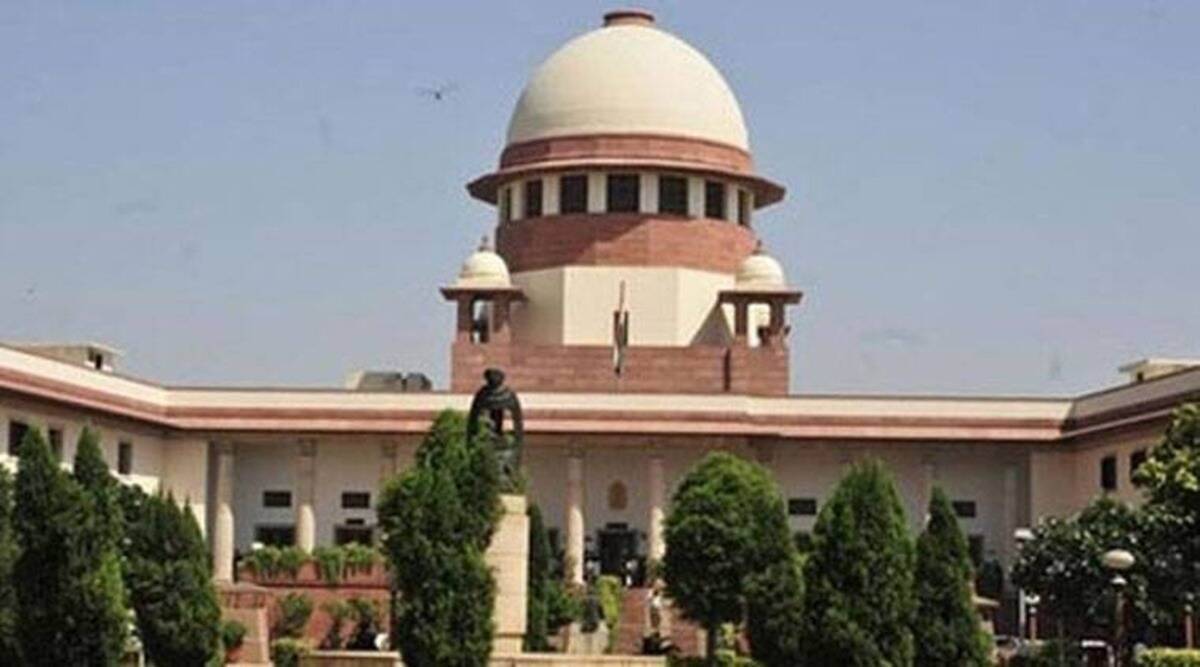The Supreme Court did not agree with a request to keep buildings from being taken down on Roshni land in J&K.

The encroachments on Roshni and Kahcharai lands in Jammu and Kashmir can now be taken care of. On Tuesday, the Supreme Court denied a challenge to a circular from the Union Territory administration that set January 31 as the deadline for evictions.
Justices M R Shah and B V Nagarathna told the petitioners who said they still had title to land given to them under the Jammu and Kashmir State Land (Vesting of Ownership to the Occupants) Act, 2001, also called the Roshni Act, that the law had already been ruled unconstitutional and that no title remained after that.
Since the bench wouldn’t listen to their plea, the petitioners finally decided to drop the case.
The lawyer for the petitioners told the court that they had paid the full amount at a commercial rate for the land that had been given to them, and that the Act protected their right to ownership.
The bench didn’t seem to agree, and they were asked to show titles that weren’t covered by the Roshni Act. “Prove to us what right you have… Not under Roshni Act… The law has been thrown out. Once it’s been thrown out, what’s the point of a “savings clause?” the bench was asked.
It also said that if their prayer is answered, it will affect encroachments in other parts of the UT in a bigger way. It also said that at most, it would give them enough time to move.
The Act was passed by the National Conference government, which was led at the time by Farooq Abdullah. It gave people who owned state land until 1990 the right to own it in exchange for a payment set by the government. It was called the Roshni (light) Act because the goal was to get money for hydroelectric power projects.
In 2005, Mufti Mohammad Sayeed’s PDP-Congress coalition government changed the Act to move the cut-off year from 1990 to 2004. In a later change, the government of Ghulam Nabi Azad made the premium 25% of the market rate and the end date 2007. Farmers living on agricultural land got free ownership rights from the government. They only had to pay Rs 100 per kanal of land as a paperwork fee.
In October 2018, the governor at the time, Satya Pal Malik, got rid of the Act.
And in October 2020, the High Court said that the Roshni Act was “illegal, unconstitutional, and unworkable,” and that allotments made under the Act were null and void from the start. It asked the government to make public the names of important people who had been given land under the Act. It also asked the CBI to look into the transfer of ownership and take action against bureaucrats who were involved.
The UT administration sent out a circular earlier this month telling all deputy commissioners to get people off of these lands by January 31, 2023.
Petitioners in the Supreme Court said that the administration sent out the circular even though there were still petitions to review the High Court’s decision.



